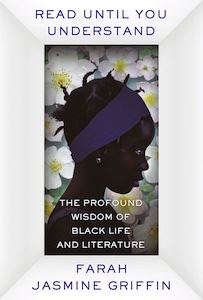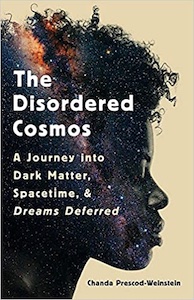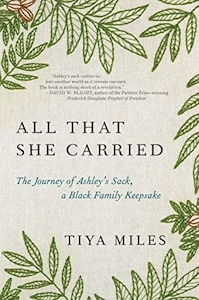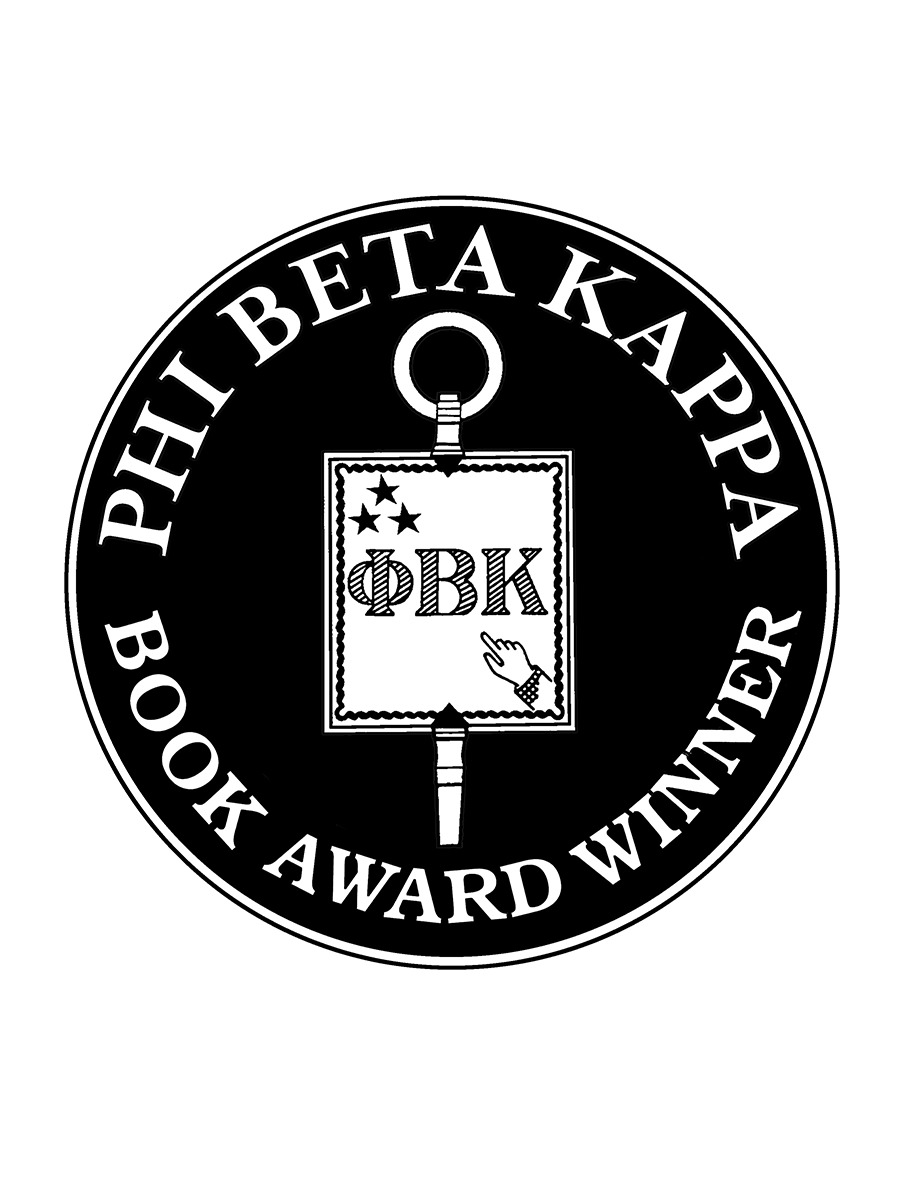The Phi Beta Kappa Society is pleased to announce the winners of the Society’s three annual book awards, $10,000 prizes given to outstanding works of non-fiction that engage a wide audience with important ideas in science, history, and literature.
This year the Society will celebrate the 68th anniversary of the Phi Beta Kappa Book Awards. Beginning in 1954 with what is now the Christian Gauss Award, every year the Society has lauded the accomplishments of exceptional authors in the United States. The Phi Beta Kappa Award in Science and the Ralph Waldo Emerson Award were added in 1960 and 1961, respectively. In 2022, the Society honored Farah Jasmine Griffin, Chanda Prescod-Weinstein, and Tiya Miles for their winning titles at the Book Awards Dinner on December 1.
The three winning titles are:

Read Until You Understand: The Profound Wisdom of Black Life and Literature by Farah Jasmine Griffin, recipient of the Christian Gauss Award. Established in honor of Christian Gauss, an influential teacher, scholar, and president of Phi Beta Kappa, the award recognizes outstanding books of literary criticism, including biography.
From the publisher (W.W. Norton): Farah Jasmine Griffin has taken to her heart the phrase “read until you understand,” a line her father, who died when she was nine, wrote in a note to her. She has made it central to this book about love of the majestic power of words and love of the magnificence of Black life. Griffin has spent years rooted in the culture of Black genius and the legacy of books that her father left her. A beloved professor, she has devoted herself to passing these works and their wisdom on to generations of students. Griffin entwines memoir, history, and art while she keeps her finger on the pulse of the present, asking us to grapple with the continuing struggle for Black freedom and the ongoing project that is American democracy. She challenges us to reckon with our commitment to all the nation’s inhabitants and our responsibilities to all humanity.

The Disordered Cosmos: A Journey into Dark Matter, Spacetime, & Dreams Deferred by Chanda Prescod-Weinstein, recipient of the Phi Beta Kappa Award in Science. This award recognizes superior contributions by scientists to the literature of science.
From the publisher (Bold Type Books): In The Disordered Cosmos, Chanda Prescod-Weinstein shares her love for physics, from the Standard Model of Particle Physics and what lies beyond it, to the physics of melanin in skin, to the latest theories of dark matter—along with a perspective informed by history, politics, and the wisdom of Star Trek.
One of the leading physicists of her generation, Prescod-Weinstein is also one of fewer than one hundred Black American women to earn a Ph.D. from a department of physics. Her vision of the cosmos is vibrant, buoyantly nontraditional, and grounded in Black and queer feminist lineages. Prescod-Weinstein urges us to recognize how science, like most fields, is rife with racism, misogyny, and other forms of oppression. She lays out a bold new approach to science and society, beginning with the belief that we all have a fundamental right to know and love the night sky. The Disordered Cosmos dreams into existence a world that allows everyone to experience and understand the wonders of the universe.

All That She Carried: The Journey of Ashley’s Sack a Black Family Keepsake by Tiya Miles, recipient of the Ralph Waldo Emerson Award. This prize honors a scholarly study that contributes significantly to interpretations of the intellectual and cultural condition of humanity.
From the publisher (Random House): In 1850s South Carolina, an enslaved woman named Rose faced a crisis: the imminent sale of her daughter Ashley. Thinking quickly, she packed a cotton bag for her with a few items, and, soon after, the nine-year-old girl was separated from her mother and sold. Decades later, Ashley’s granddaughter Ruth embroidered this family history on the sack in spare, haunting language.
Historian Tiya Miles carefully traces these women’s faint presence in archival records, and, where archives fall short, she turns to objects, art, and the environment to write a singular history of the experience of slavery, and the uncertain freedom afterward, in the United States. All That She Carried is a poignant story of resilience and love passed down against steep odds. It honors the creativity and resourcefulness of people who preserved family ties when official systems refused to do so, and it serves as a visionary illustration of how to reconstruct and recount their stories today.
For more information on the winners, please visit the Phi Beta Kappa Book Award Winners page.




